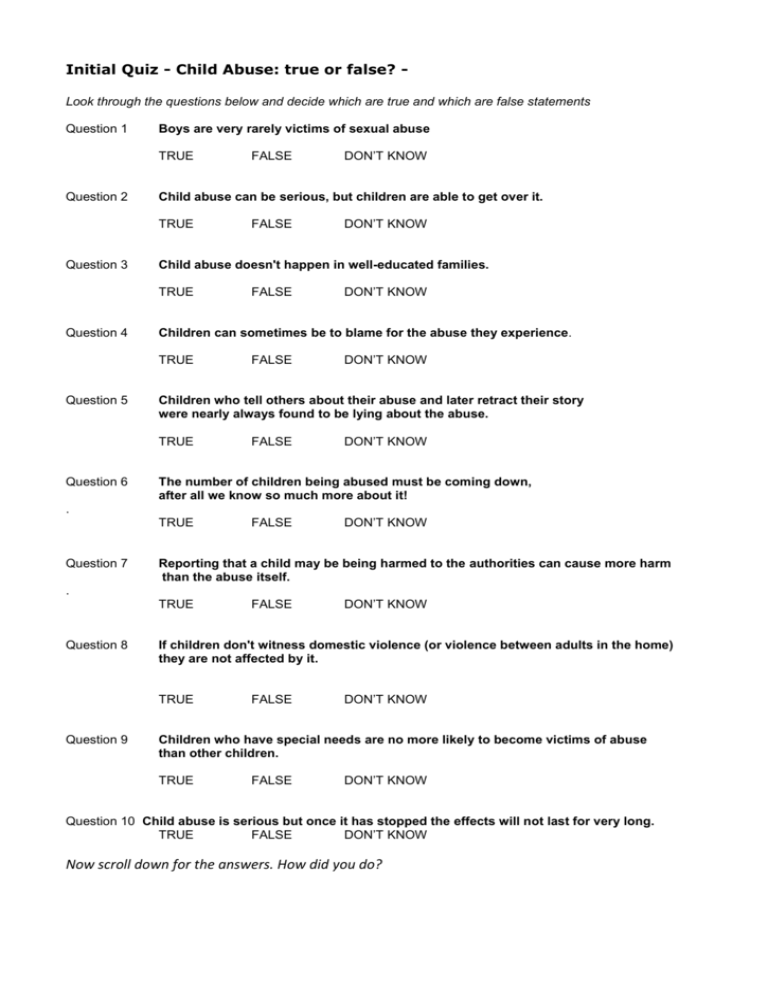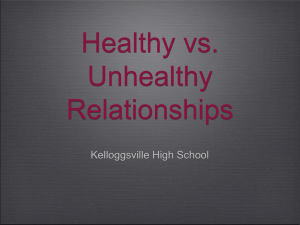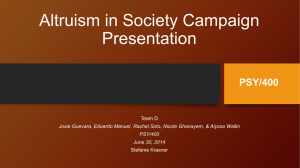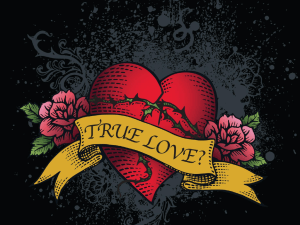
Initial Quiz - Child Abuse: true or false? Look through the questions below and decide which are true and which are false statements
Question 1
Boys are very rarely victims of sexual abuse
TRUE
Question 2
FALSE
DON’T KNOW
FALSE
DON’T KNOW
Children who tell others about their abuse and later retract their story
were nearly always found to be lying about the abuse.
TRUE
Question 6
DON’T KNOW
Children can sometimes be to blame for the abuse they experience.
TRUE
Question 5
FALSE
Child abuse doesn't happen in well-educated families.
TRUE
Question 4
DON’T KNOW
Child abuse can be serious, but children are able to get over it.
TRUE
Question 3
FALSE
FALSE
DON’T KNOW
The number of children being abused must be coming down,
after all we know so much more about it!
.
TRUE
Question 7
FALSE
DON’T KNOW
Reporting that a child may be being harmed to the authorities can cause more harm
than the abuse itself.
.
TRUE
Question 8
DON’T KNOW
If children don't witness domestic violence (or violence between adults in the home)
they are not affected by it.
TRUE
Question 9
FALSE
FALSE
DON’T KNOW
Children who have special needs are no more likely to become victims of abuse
than other children.
TRUE
FALSE
DON’T KNOW
Question 10 Child abuse is serious but once it has stopped the effects will not last for very long.
TRUE
FALSE
DON’T KNOW
Now scroll down for the answers. How did you do?
Answers to Initial Quiz – “Child Abuse, True or False”
In all cases the correct answer is “false”. These are all “myths”.
1. Boys are very rarely victims of sexual abuse - Many, but not all, victims of child sexual abuse are
girls. In approximately one quarter of all child sexual abuse cases reported, the victim is a boy.
There is some evidence to suggest that sexual abuse of boys is not reported as readily, so the
proportion of sexual abuse happening to boys may be higher.
2. Child abuse can be serious, but children are able to get over it. Child abuse is very serious. Many
children suffer long term harm, both physical and emotional, and some children die. The effect
on children and young people can vary depending on factors like the type of abuse, the duration
and frequency of abuse and the relationship they have with the person who abused them.
Research is consistently showing that many adults who experience problems like depression,
drug abuse, unemployment, relationship difficulties, homelessness and crime have been abused
as children, though of course there are other factors as well.
3. Child abuse doesn't happen in well-educated families. This is a myth. The evidence shows abuse
can happen in any “type” of home or family.
4. Children can sometimes be to blame for the abuse they experience. Children should never be
blamed for the abuse they may suffer. Abuse is never acceptable.
5. Children who tell others about their abuse and later retract their story were nearly always found to
be lying about the abuse. Some children will retract their disclosure due to pressure from the
abuser, or other adults who do not believe them. It has also been reported that some children
will withdraw their statement because they do not want to see the abuser punished.
6. The number of children being abused must be coming down, after all we know so much more about
it! Whilst comparisons between yearly figures is problematic, researchers and workers in the
child protection field agree that whilst improved community awareness is leading to more
children being reported in recent years, it remains extremely likely that the real numbers of
children being abused is increasing. In 2007 there were309 517 new reports of child abuse and
neglect received across Australia. That equates to one report every two minutes. More infants
under the age of 12 months were found to have been abused or neglected than children in any
other age group. Last year, there were more children living away from their family for their own
protection than ever before. The number of children in care has more than doubled in the past
decade - increasing from 14,078 in 1997 to 28,441 in 2007 .
7. Reporting that a child may be being harmed to the authorities can cause more harm than the abuse
itself. This is also incorrect. It is always better to report concerns to the safeguarding agencies.
Remember not all concerns mean that a child will be taken away from the family. Families where
children are being harmed will receive help and support to improve the standard of care.
Children regularly run away from families where they feel that their abuse is never going to stop.
Children who do run away from home are at an increased risk of further abuse, are vulnerable
to addictions to alcohol and drugs. Some children will also end up working within the sex
industry.
8. If children don't witness domestic violence (or violence between adults in the home) they are not
affected by it. Children do not need to see violence between adults in their family to know that it
is happening and be affected by it. Children see the aftermath of violence in their home, they see
the impact of the violence on victim of the assaults. Relationships between children and their
parents are significantly affected by the violence that occurs between the adults.
9. Children who have special needs are no more likely to become victims of abuse than other children.
Children with a range of special needs have been targeted by those who wish to harm them
because of their increased vulnerability.
10. Child abuse is serious but once it has stopped the effects will not last for very long. Child abuse
can have a number of serious short and long term lasting effects upon the child and their family.
The effects can include physical, mental and emotional harm that can last long into adult life.








